
The Republic of Moldova has increasingly distanced itself from Russia since the pro-European forces came to power in Chisinau following the early parliamentary elections of July 2021. The new government has taken a series of measures to reduce Moscow's influence and the dependence on it and sought, at the same time, to get in line, as much as possible, with the Western stands.
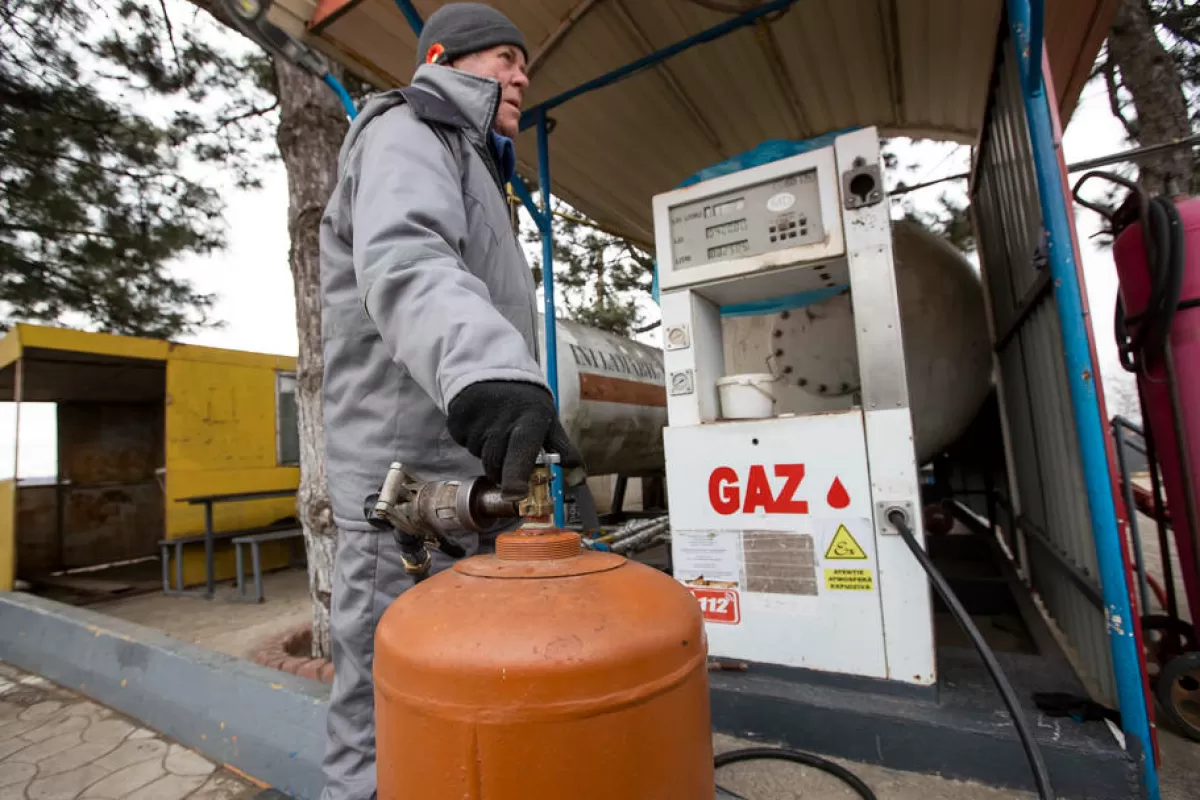
The Republic of Moldova could face a number of serious challenges this autumn, given that Russia wants to bring this country back into its orbit. At domestic level, Moscow is expected to use any leverage it has in the separatist region of Transnistria and in Găgăuzia. Adding to these pressure points will be the country’s energy concerns.

Most Ukrainians believe their country will win the war against Russia, reads a recent survey carried out by the International Republican Institute. The study also reveals that Ukrainians continue to argue in favor of Euro-Atlantic integration, although their perception of NATO reported fluctuations due to delays or readiness to provide military assistance, and they remain critical of their elected officials, despite the war.
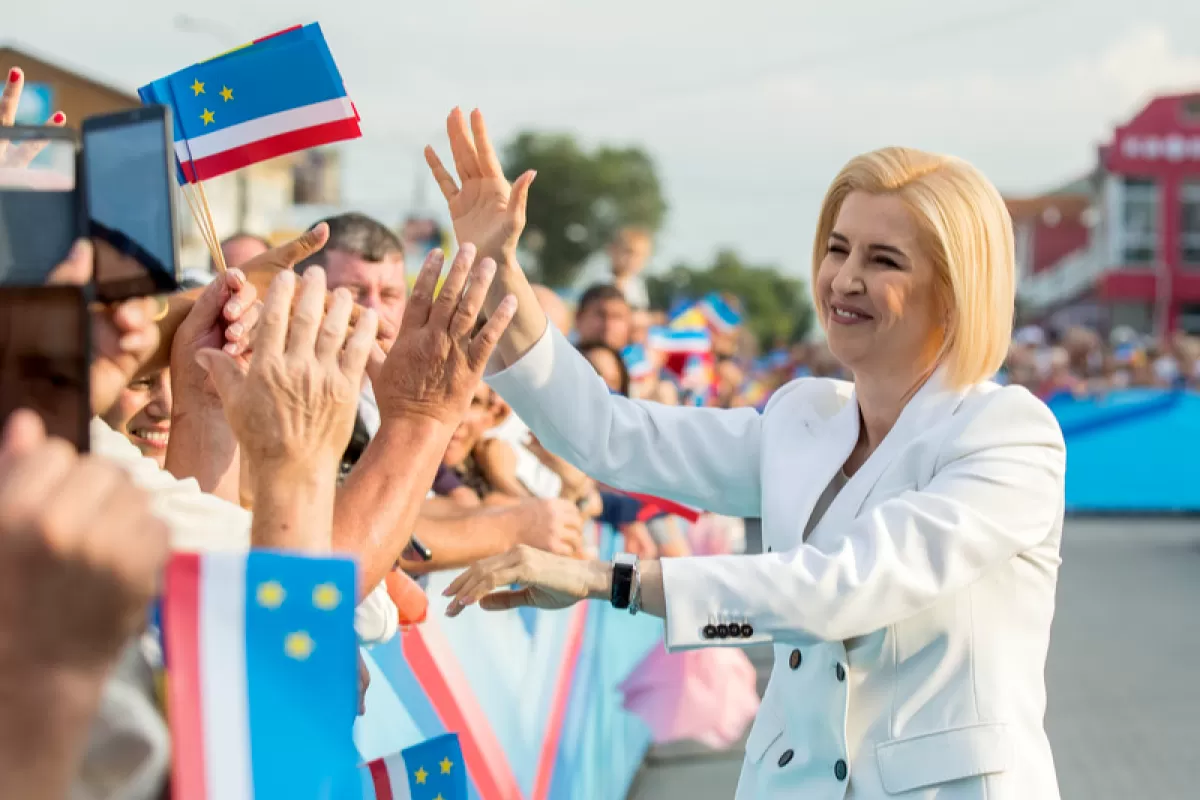
Găgăuzia is perhaps the most pro-Russian region in the Republic of Moldova. A breakaway region since the early 90s, Găgăuzia eventually recognized Chișinău’s sovereignty, although it wants to break with this country in the event of a unification with Romania or even EU accession.

Uncertainty linked to the official language of the Republic of Moldova, 31 years after this country proclaimed its independence, reflects just how hard defining and accepting a national identity has been. The country’s inability to settle linguistic disputes and break away from “Moldovenism”, a Soviet construct, is one of Chișinău’s many failures: after 31 years of independence, the country is still unable to fully control its territory and to ensure its energy and military security.

Europe is facing the most severe drought in the last 500 years, but it is not the only continent affected by this phenomenon. The global scale of drought is yet another consequence of climate change. Water – the element that is vital for survival and key to industry and agriculture – has become increasingly disputed globally, its shortage producing economic, humanitarian and security crises.

Russian experts and the independent media have analyzed the state of the Russian Federation’s army, which is sustaining heavy losses in the war launched against Ukraine. They also write about the obsolete Soviet weapons used by the Russians, which produce casualties among both the civilian population and among the attackers themselves. They also discuss how the war has changed the media landscape in Russia.

Sharing a 1000-kilometer long border with Ukraine, the Republic of Moldova has been affected by the war started by Russia on February 24 too. Veridica has spoken with several analysts in Chisinau to learn more about the main problems facing the Republic of Moldova, a state that is simultaneously facing an economic and an energy crisis, while at the same time trying to deal with a significant number of Ukrainian refugees.

By joining NATO, Finland and Sweden would make the Alliance the main power in the Baltic Sea. Together, the two countries boast efficient and highly trained air, sea and ground forces, a good defense industry, and quick response capabilities. They occupy strategic position. And they would greatly consolidate the security of NATO’s most vulnerable member states – the Baltic countries.
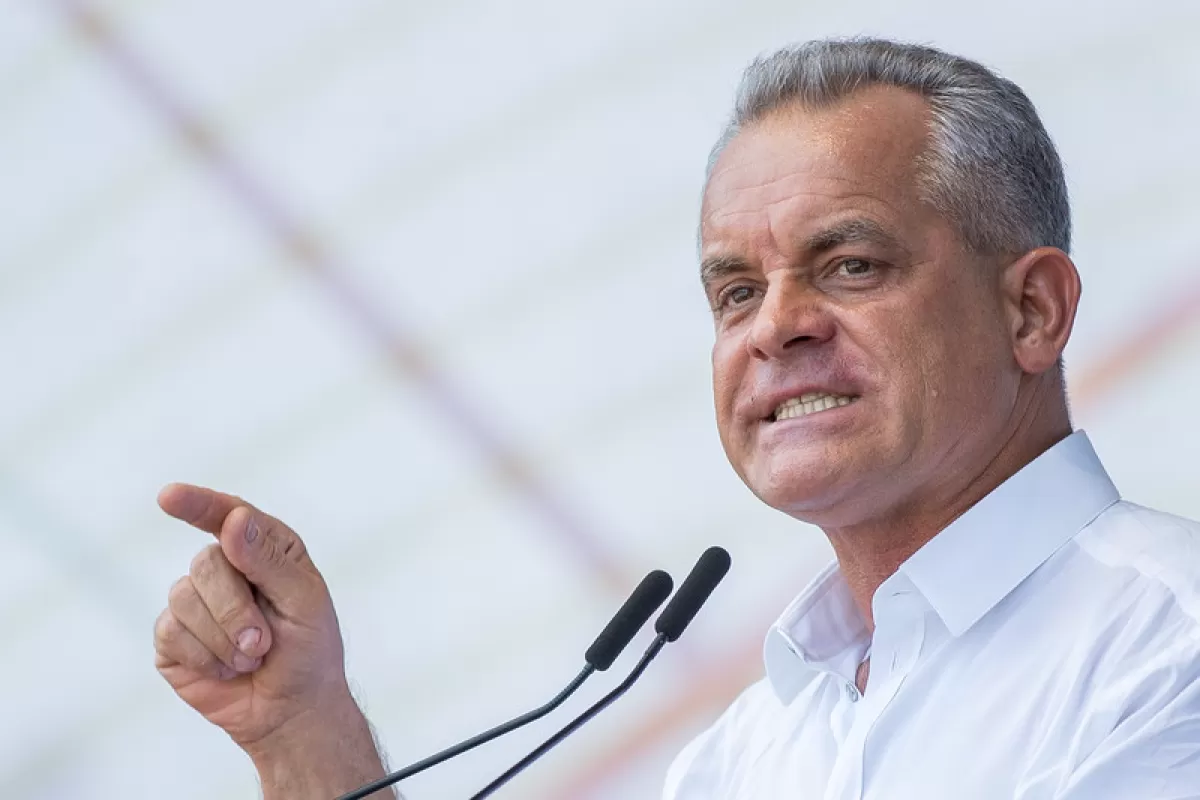
The European track of the Republic of Moldova involves a break with its recent past, when the country was virtually at the mercy of highly influential oligarchs, who used their political leverage and media influence to create a genuine kleptocracy. One solution would be to apply the model employed by Ukraine, a country that passed a anti-oligarchic law.
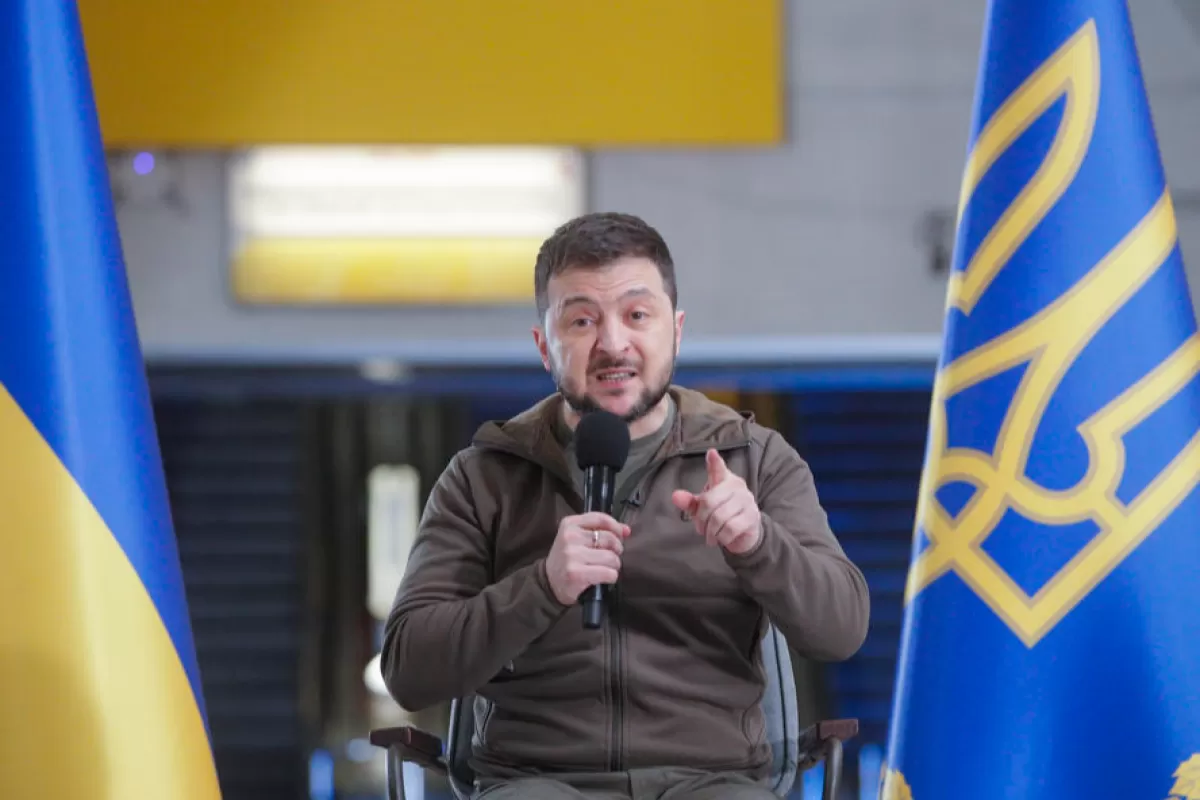
In recent years, Ukraine has taken a series of measures to secure its information space, affected both by Russian manipulation and disinformation campaigns, and by the influence of some oligarchs pursuing their own interests. The measures include a law aimed at taking the media away from the control of oligarchs. The effect has been more state control over the media, and the question arises whether it is a temporary situation, justified by the war, or a regression of Ukrainian democracy.

Natalia Gavriliță’s Cabinet, supported by the majority made up of Action and Solidarity Party (PAS) MPs, has in the last year constantly navigated a number of unprecedented crises, a record-high inflation of some 32%, but it also grabbed the biggest victory since 1991 - obtaining EU candidate status.

Ayman al-Zawahiri was the ideologue of the Al-Qaida network, whose leadership he took over after the killing of Osama bin Laden. Al-Zawahiri was one of the most prominent terrorist leaders killed in the past two decades, but his death is unlikely to have a significant impact the jihadist movement.

The war in Ukraine brought back into focus an issue that had been known for a long time: Europe’s dependence on Russian gas. First, the possibility of European sanctions was raised, then Moscow reduced supplies, which caused panic in some Western capitals. What can Europeans do to escape Russian blackmail and how much should they fear the coming winter?
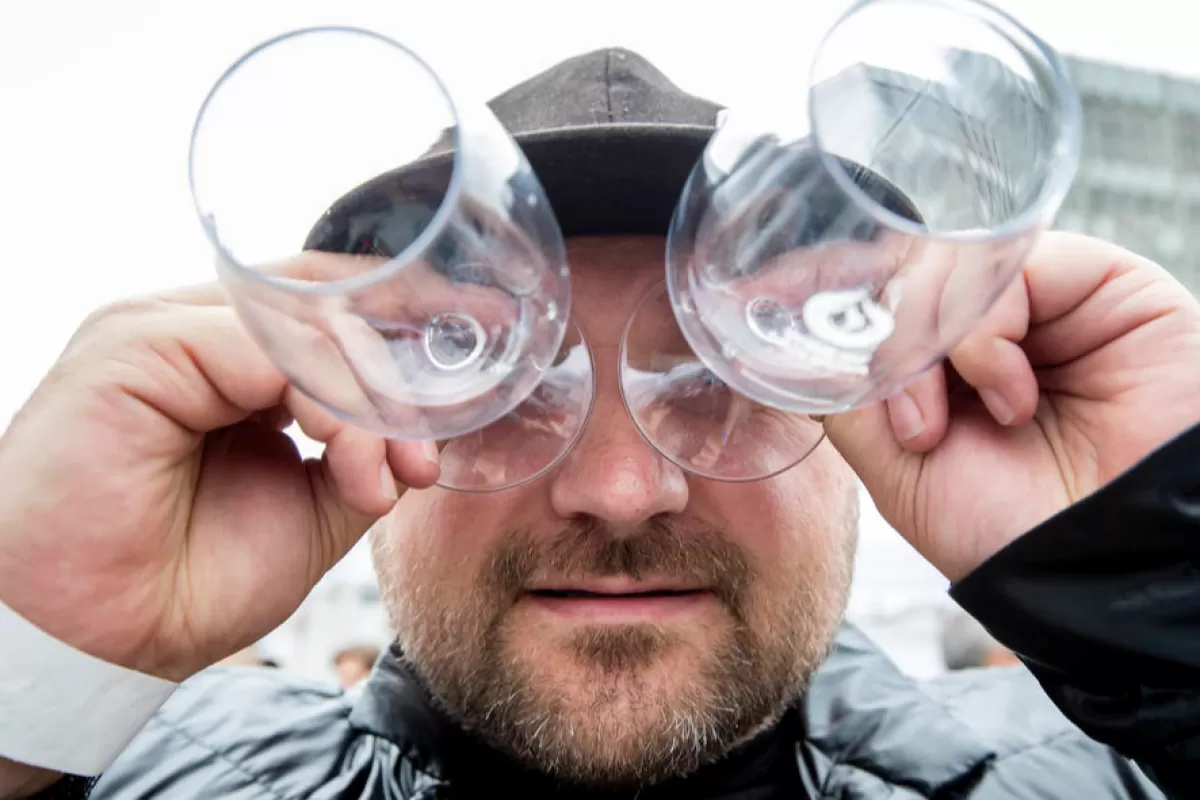
Over the past two decades, Moldovan wines have become one of the key elements in the geopolitical war between Chisinau and Moscow, but also a symbol of Moldova's attempt to escape the Russian influence.
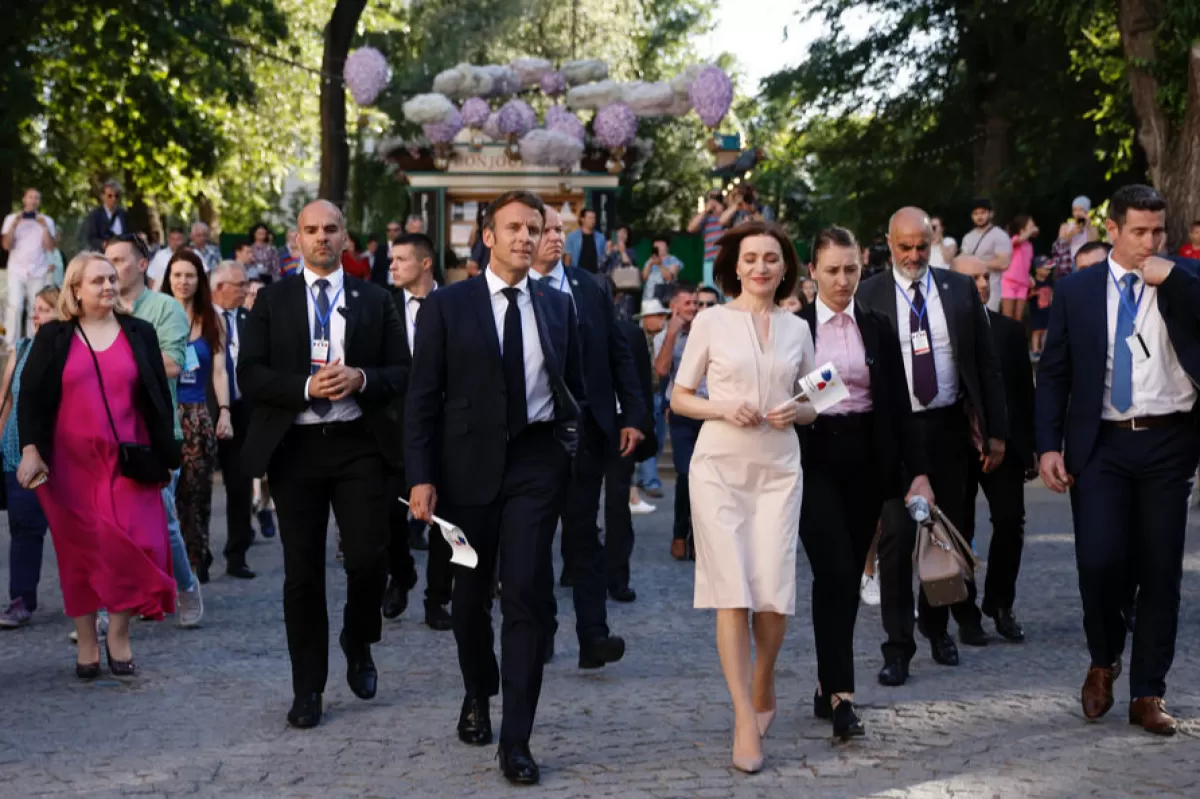
The security context and the political will in Chisinau were the main valid arguments used by Romanian diplomacy in supporting the Republic of Moldova on its European path. The Republic of Moldova managed, in less than four months, from March 3rd till June 23rd, to shift from the status of country that officially applied for EU membership to that of candidate country. By comparison, the Western Balkan states received a clear European perspective from Brussels 19 years after the EU Thessaloniki Summit in 2003.

A country of strategic importance but not indispensable, involved in the war effort despite keeping its distance, Romania cannot congratulate itself enough in official discourse for having long foreseen the aggressive plans of Putin’s Russia. As usual, Romanian officials contend themselves with the dangerous illusion that nothing should be changed in their approach to the territory that separates Bucharest from Moscow.
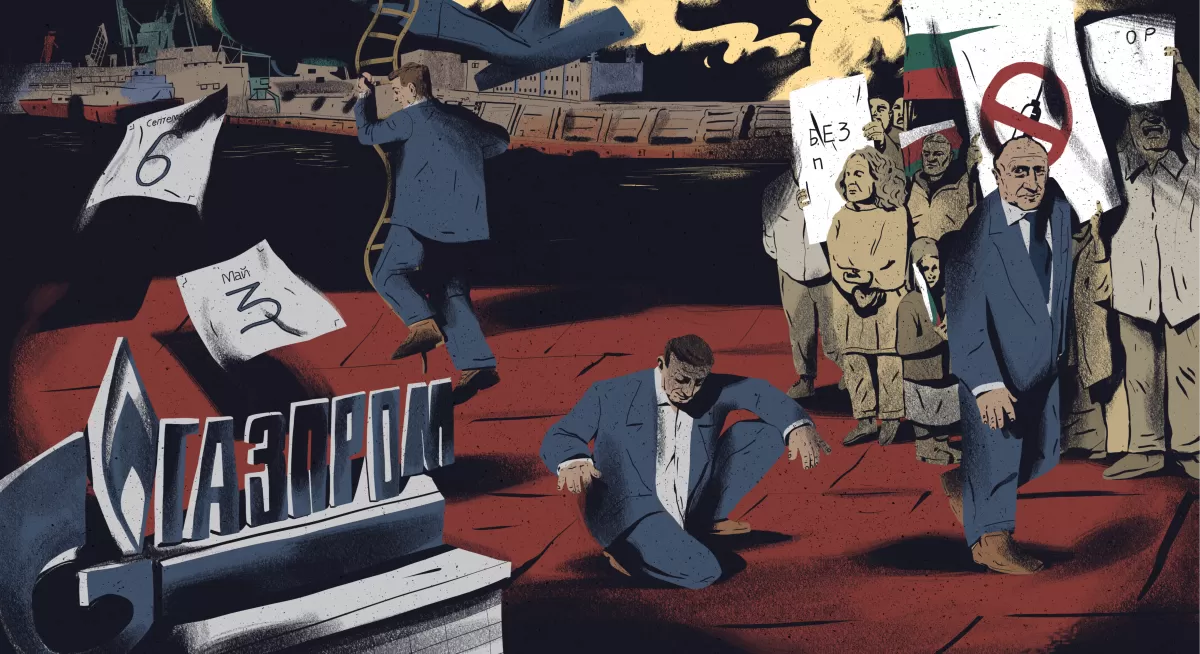
EU and NATO member Bulgaria, once Moscow’s closest satellite, has been moving away for years, albeit at a slow pace, from Russia’s pull. This process has been accelerated following Russia’s invasion of Ukraine. However, the Kremlin can still count on an array of friendly politicians, spies, and a disinformation and propaganda network to further its interests in Sofia.
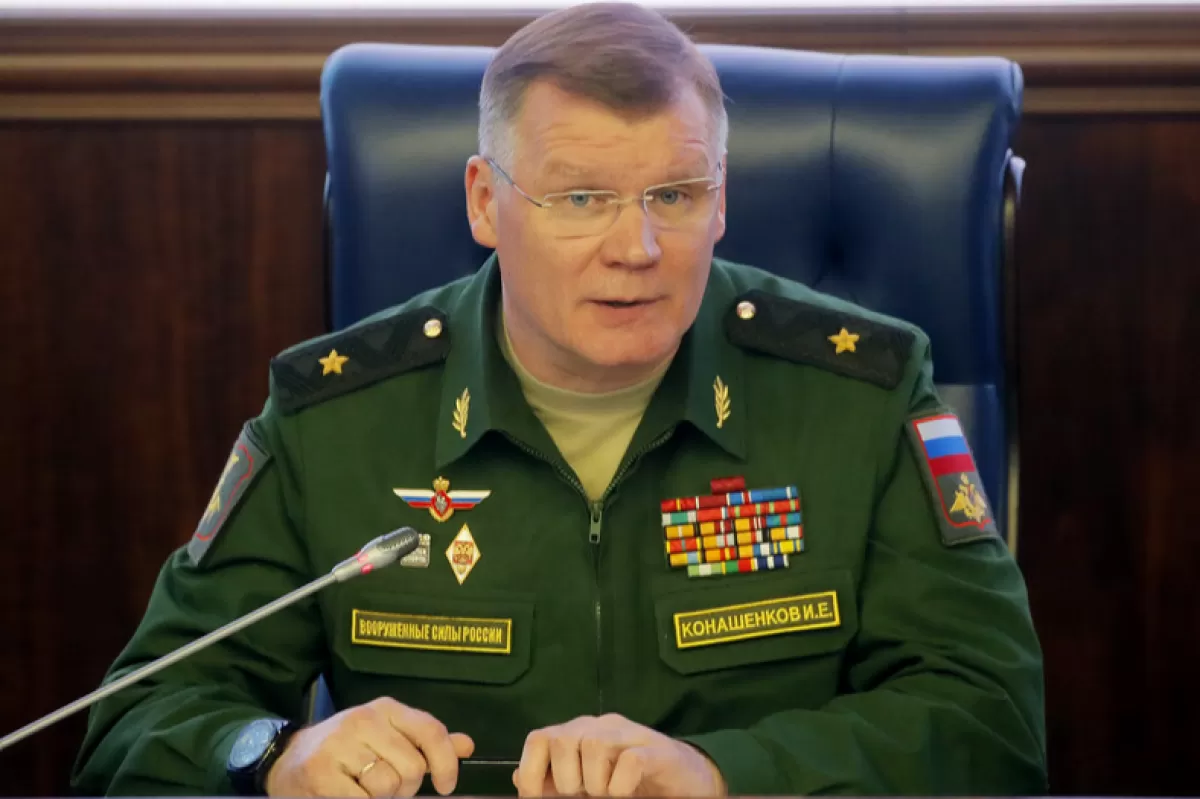
Every day, Russian citizens learn from news segments about the victories reported by the Russian army on the Ukrainian front. Even when troops are retreating or conquering a few small villages despite sustaining heavy losses, the Ministry of Defense spokesman, Igor Konashenkov, invokes resounding achievements. A PROEKT.MEDIA investigation reveals that many such achievements are in fact mathematical and geographical falsehoods.

The regional context of the Russian invasion of Ukraine has inevitably led to a change in NATO's Strategic Concept. Accents have changed, and Russia has turned from a strategic partner of NATO into a “direct threat” to the security of the member states of the Alliance, as well as to some of their neighbors, including the Republic of Moldova.
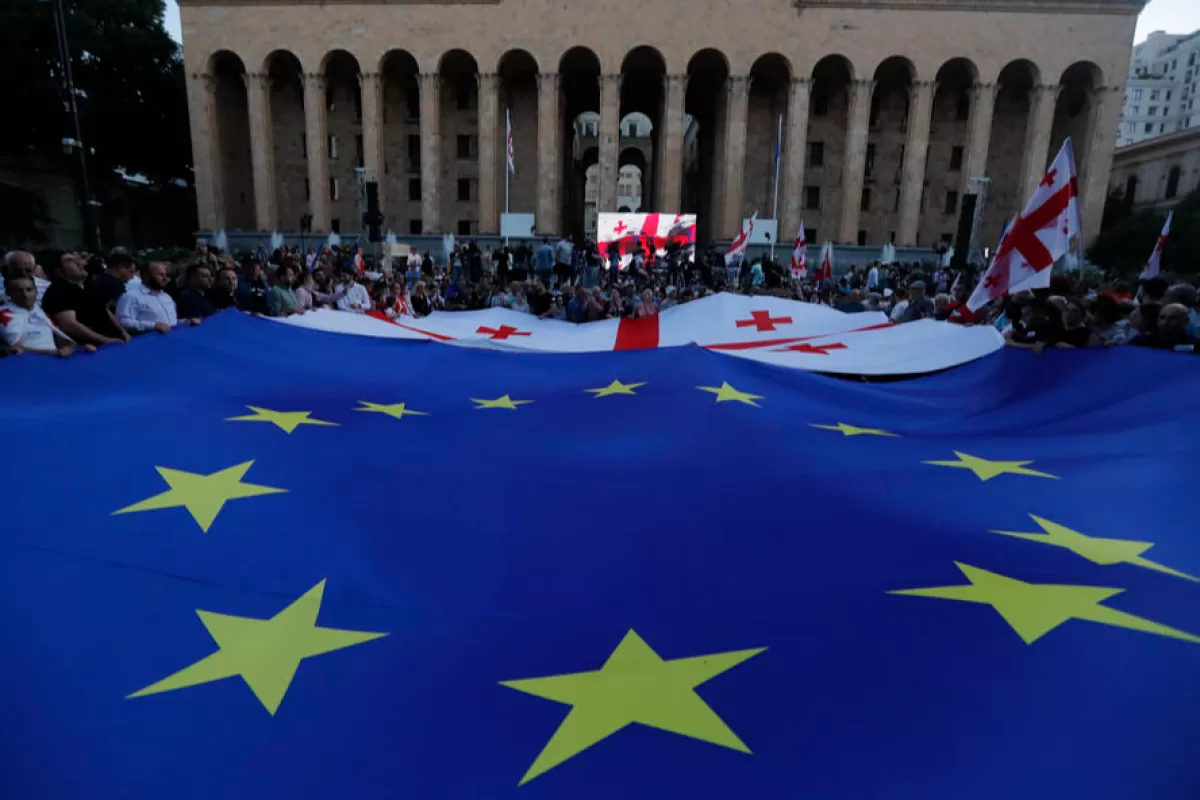
Georgia was once considered the most reformist and pro-Western country in the former Soviet Union, with the exception of the Baltic republics. However, the last decade was marked by a slowdown in reforms and a rapprochement with Moscow, and the result was that Georgia did not receive the EU candidate status along with the Republic of Moldova and Ukraine.

In theory, Romania is not overly reliant on Russia in economic terms. Trade relations are limited, the number of Russian companies operating on the Romanian market is relatively small, and Romanian imports of oil and gas from Russia are incomparably lower compared to those of other EU countries. Over the years, however, Russian oligarchs, most of whom are connected to the Kremlin, have taken possession of huge chunks of certain sectors of the Romanian economy. Adding to these economic levers are political ones too – there are Romanians who, consciously or not, are playing into Moscow’s hands. It’s a strategy Russia has been applying ever since the 1990s in most ex-communist states.
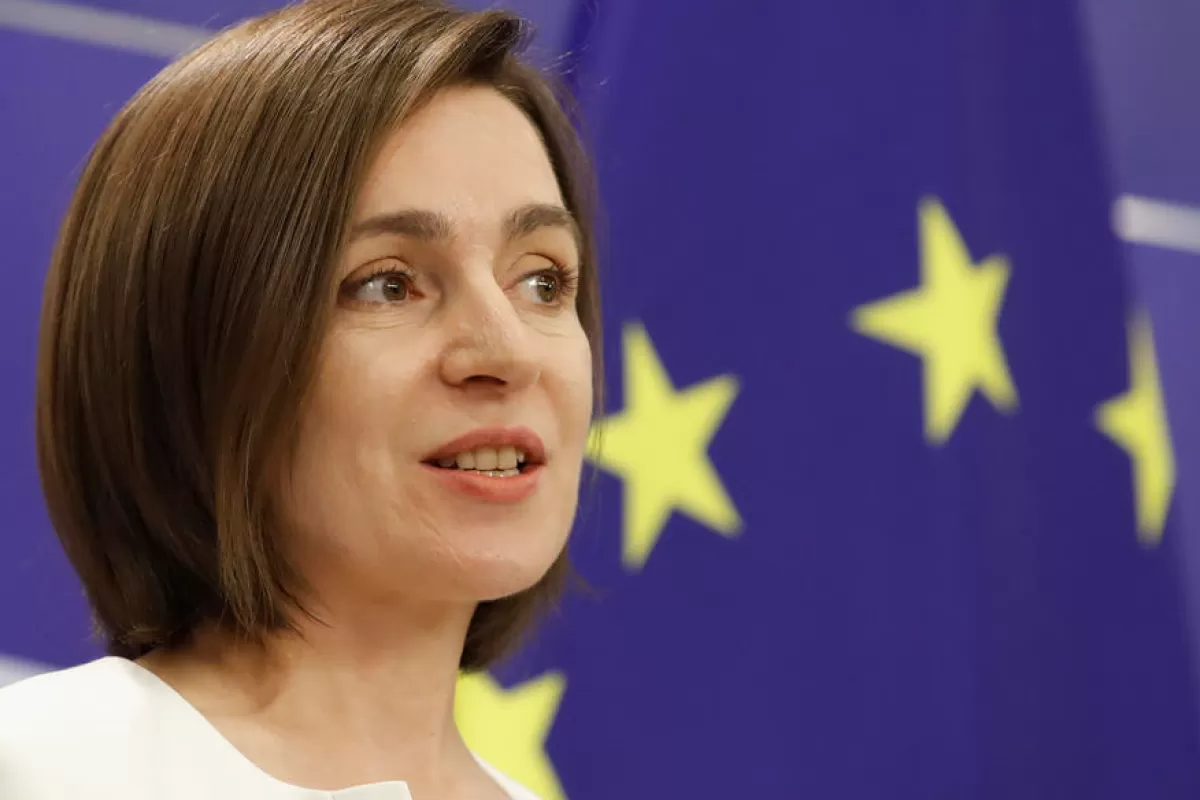
Last week’s announcement that the Republic of Moldova had received the status of EU candidate country is going to be a game changer for Chisinau, but it will also bring new challenges.
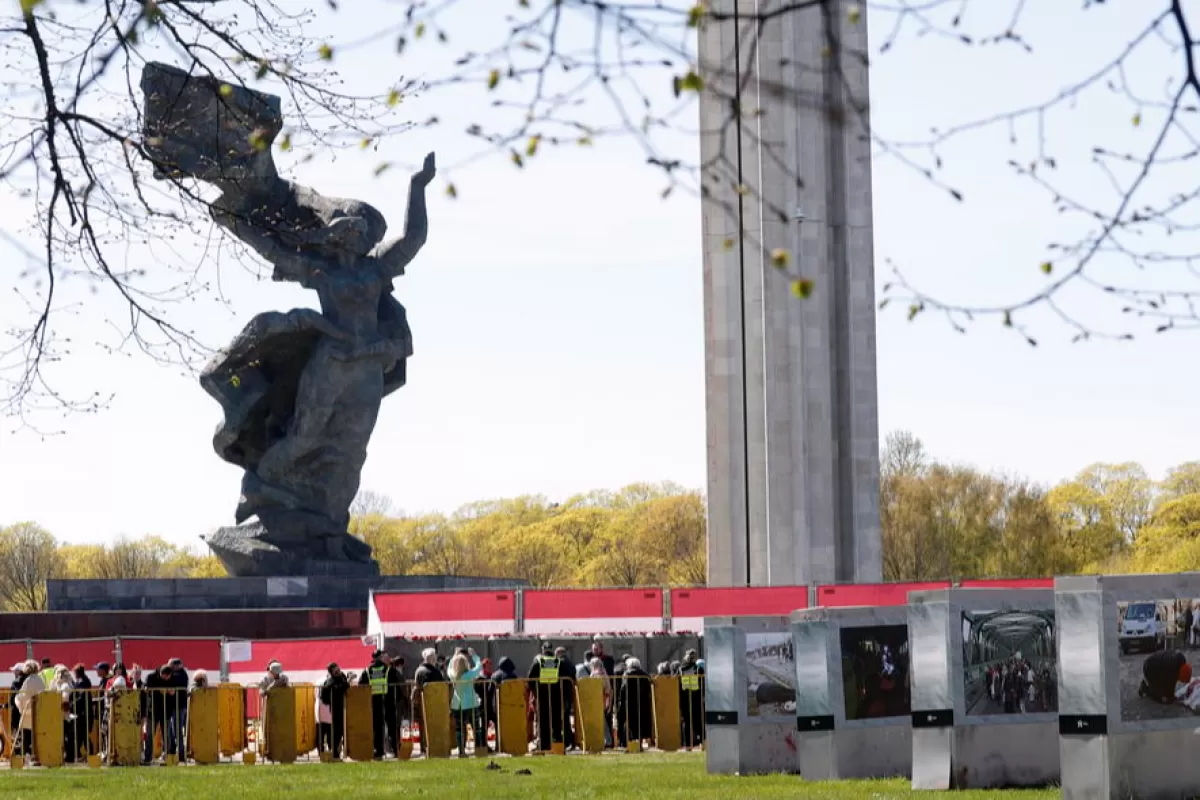
Respected and hated. Saw a lot of flowers, but was also cursed and even blown up. That’s the fate of the Monument of Victory in Riga which is, probably, going to be demolished as a consequence of Russia’s large scale invasion of Ukraine. Hundreds of other Soviet era monuments may soon follow

Turkey is threatening with a new offensive in Syria, invoking the danger of Kurdish terrorism. This danger appears to be low in Mardin, near the Kurdish-Syrian border, which confirms expert analyses according to which the Erdoğan regime is in fact trying to divert attention from the economic crisis it is facing.
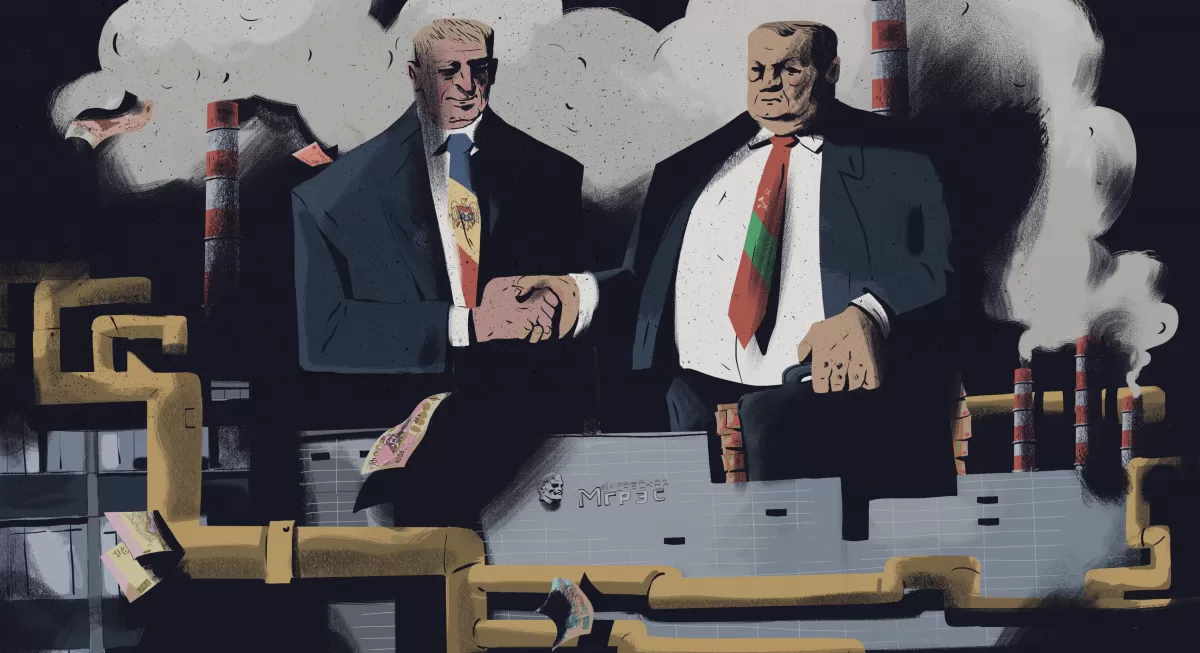
Russia owns the most important strategic gas and electricity supply facilities in the Republic of Moldova and uses them skillfully to put not only economic but also political pressure on Chisinau’s key decisions. The scheme devised by Moscow supports the separatist regime in Tiraspol and offers the Kremlin an instrument to pressure Chisinau for the debts accumulated by Transnistria.

The chess rivalry between Russia and Ukraine existed before the invasion of February 2022. It also existed before the first invasion of Russia in February 2014. It existed, one might say, before the collapse of the Soviet Union in December 1991. But it has never been harsher than this year. The world of chess has once again become, as it was during the Cold War, a battleground for image, influence and power.

Russia’s invasion of Ukraine brought the world closer to a nuclear disaster, as Russian troops occupied Ukrainian nuclear power plants – sometimes by fighting their way in and shooting at the plants – and Russian missiles flew dangerously low above them. Yet, the International Atomic Energy Agency had a rather moderate response to these risks and it continued to work closely with the Russians, much to the dismay of the Ukrainians.

The war in Ukraine has brought to the fore the poor state of the Moldovan army, which remains underequipped after being neglected by the authorities in the last three decades. Yet the commonplace view in Chișinău right now is that the army should at least fend off an aggression coming from Transnistria. Russia and its mouthpieces, on the other hand, continue to absurdly claim that Moldova modernizing its army would be tantamount to breaching its neutrality.

The appointment of the new head of the Intelligence and Security Service of the Republic of Moldova (SIS), Alexandru Musteață, on June 2, is a genuine test for the government in Chișinău, an opportunity to prove its commitment to implement reforms in the field of defense and national security.

In the months that have passed since the start of Russia’s massive attack against Ukraine, Volodymyr Zelensky has turned out to be a remarkable leader. He didn’t flee, didn’t betray the people who put him in office, said no to illicit dealings and didn’t trade off the sovereignty of his country. The Russians tried to reach him during the first hours of the invasion. Is Moscow afraid of president Zelensky and the ideas he stood up for even before the war broke out?
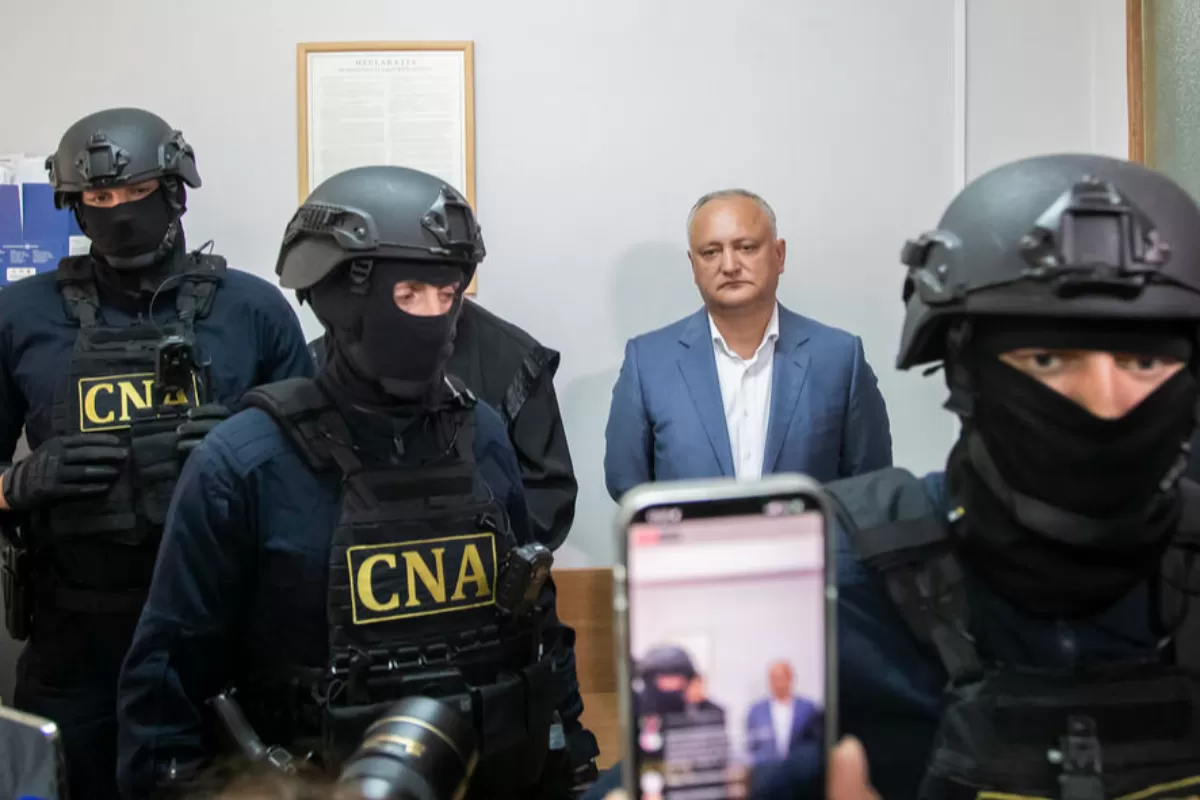
Igor Dodon is undoubtedly the product of the profiteering political class of the Republic of Moldova. Tutored by the former Communist President Vladimir Voronin and the fugitive oligarch Vladimir Plahotniuc, Dodon has been described as a prototype of the duality of the Moldovan politician, interested only in making lots of money and capable of any kind of internal or external political betrayal. Detained for corruption and treason, Dodon is now complaining that he is the victim of political persecution.